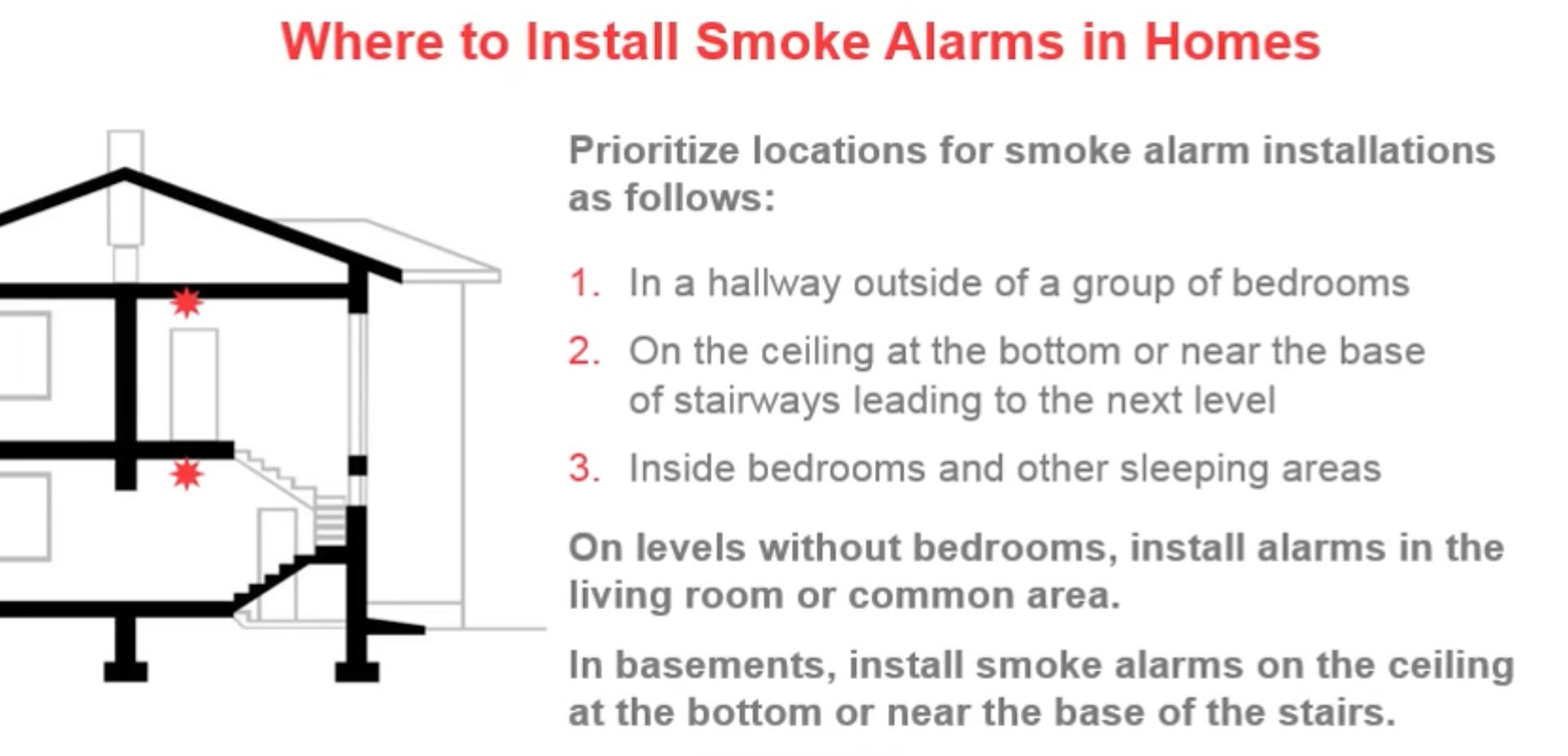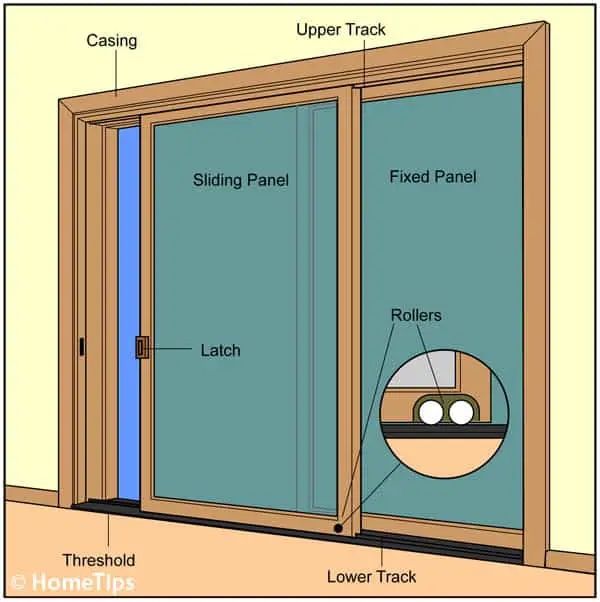Criminal History
Hawaii Amends Ban the Box Law to Strengthen Protections for Ex-offenders

“Ban the Box” refers to the box on job applications that applicants are asked to check if they have a criminal record. As of September 2020, 36 states and more than 150 cities and counties have adopted Ban the Box laws to reduce employment barriers for ex-offenders and have them judged on their knowledge, skills, and abilities.
The purpose of the amended Hawaii Ban the Box Act “is to limit the convictions that may be used in employment decisions, from all convictions in the most recent ten years, to felony convictions that occurred in the most recent seven years and misdemeanor convictions that occurred in the most recent five years.”
SB 2193 “is not intended to amend or affect existing exceptions that explicitly allow the use of criminal history-related records for certain occupations, such as department of education employees, and specific circumstances, such as sex offender registration.” The complete text of SB 2193 is available here.
HUD’s Criminal Background Rule
This guidance prohibits:
• Denying housing based on arrest records.
• Blanket bans on anyone with a criminal record.
• Conducting background checks inconsistently, performing them on some and not others
based on stereotypes or fear.
Further, a landlord must:
• Consider individuals on a case-by-case basis and evaluate the nature and severity of the crime, and consider the length of time that has passed since that crime was committed.
• Make a determination based on facts
DENIALS BASED ON CRIMINAL RECORDS
Housing providers may only deny tenancy based on specific criminal records if they can prove
that providing housing to the applicant with that conviction poses a demonstrable risk to resident safety or property. The denial must be based on reliable evidence and not be hypothetical or speculative. If challenged in a fair housing complaint, a housing provider must be able to:
• Provide evidence proving that the housing provider has substantial, legitimate, nondiscriminatory interest supporting the denial.
• Show that the housing policy accurately distinguishes between criminal conduct that
indicates a demonstrable risk to resident safety/property and criminal conduct that does not.
Examples of Possible Discrimination Based on Criminal Records
- A housing provider will not rent to a tenant because they served time in prison for robbery or drug possession 30 years ago, but have not been in trouble with the law since.
- A housing provider automatically discards any applications where the potential renter has checked the box inquiring if they have ever been convicted of a felony.
- A housing provider uses the person’s criminal record to deny housing as a means to discriminate on another basis, such as the person’s sexual orientation, disability or national origin.
- An individual has a criminal record due to a past drug addiction, but has since successfully completed a rehabilitation program. (Being in recovery from drug addiction is considered a disability under the Fair Housing Amendments Act of 1988, which prohibits discrimination based on disability, and includes additional protections such as reasonable accommodations and reasonable modifications.)
https://www.thehousingcenter.org/resources/criminal-history/












